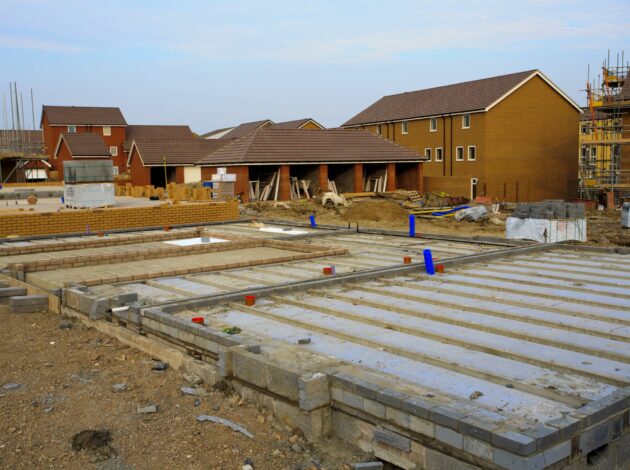Working to improve housing, planning and homelessness statistics across the UK

High quality housing, planning and homelessness statistics are key areas of focus for governments across the four nations of the UK and their citizens. There is a need for a greater understanding of housing affordability, levels of homelessness and housing stock. Debra Prestwood explains the continuing collaboration the ONS is leading across the Government Statistical Service (GSS) to improve statistics in these areas.
Housing legislation is devolved across the four UK countries, and statistics are collected by multiple government departments. This produces a complex statistical picture, as data are collected according to the needs of each country’s different legislative framework. Statisticians from across the UK continue to work together to help make housing data more coherent and comparable.
We last published our 2019 to 2020 housing and homelessness workplan in April 2019. This workplan included priority areas such as definitions and terminology used for Affordable Housing statistics.
COVID-19 has led to changes in governments’ policies and public behaviour. An example includes the introduction of policies to offer people sleeping rough, or at risk of sleeping rough, emergency accommodation.
There have also been challenges in data collection. Traditional face-to-face methods were not always possible during the pandemic, and some data collections were suspended to ease burdens on data providers supporting the COVID-19 pandemic response. Alternative data and methods have been employed to produce substitute data.
Our new work plan sets out how we are responding to these challenges and showcases initiatives from the producers of housing and homelessness statistics and analysis, including the Department for Levelling Up, Housing and Communities (DLUHC), Scottish Government (SG), Welsh Government (WG), the Northern Ireland Housing Executive (NIHE) and the Office for National Statistics (ONS). Our ambitious plans include expanding the linkage of data across departments in England and in Wales, assessing feasibility of implementing a homelessness case-level data system in Wales, exploring options for new rough sleeping data collection in Scotland, and conducting a street needs assessment in Northern Ireland.
Communicating the complex data landscape
To provide clarity on the complex housing statistics landscape, the GSS is focusing on communicating the impact of devolved statistics and COVID-19 on comparability and coherence to enable users to interpret fluctuating data more effectively.
Examples of this include DLUHC and Scottish Government adding COVID-19 sections to their statutory homelessness statistical bulletins and the Welsh Government clearly explaining why their COVID-19 management information cannot be compared to the statutory statistics.
Innovative data linkage
Innovative data sharing and linkage is also producing new insight, including recent linking of Energy Performance Certificate data and Valuation Office Agency Property Characteristics data to explore the energy efficiency of housing in England and Wales. There are ambitious plans to build on this analysis, working to utilise the Integrated Data Service (IDS) and extend its geographical coverage. Data producers from across the UK will take advantage of opportunities presented by the IDS, to bring together more data and data producers to further improve the scope of outputs and coherence of UK housing statistics.
Engaging with data users to understand user needs
Our work plan sets out how we are improving existing statistics and creating new ones, working across the GSS and engaging with our stakeholders. It highlights work which has started, is planned or ongoing. Progress will be updated, and new projects will be added as they develop.
This work plan is another opportunity for stakeholders to review our work and provide us with feedback. We are keen to understand and address unmet data needs and challenges in current outputs.
ONS will continue to bring together statistical producers from across government to meet data priorities, using innovative methods to gain more insight from data. Data producers will reinstate postponed outputs due to COVID-19 when situations allow. Where we identify user needs to improve the understanding of the impact of changes to data collection, we will work to provide clarity.
We welcome feedback, which we will use to update and adapt our plans, ensuring they produce valuable insight and shape policy development.
Please email us at GSS.Housing@ons.gov.uk

Debra Prestwood is Deputy Director of Statistical Coherence and Inclusion Division at the Office for National Statistics.